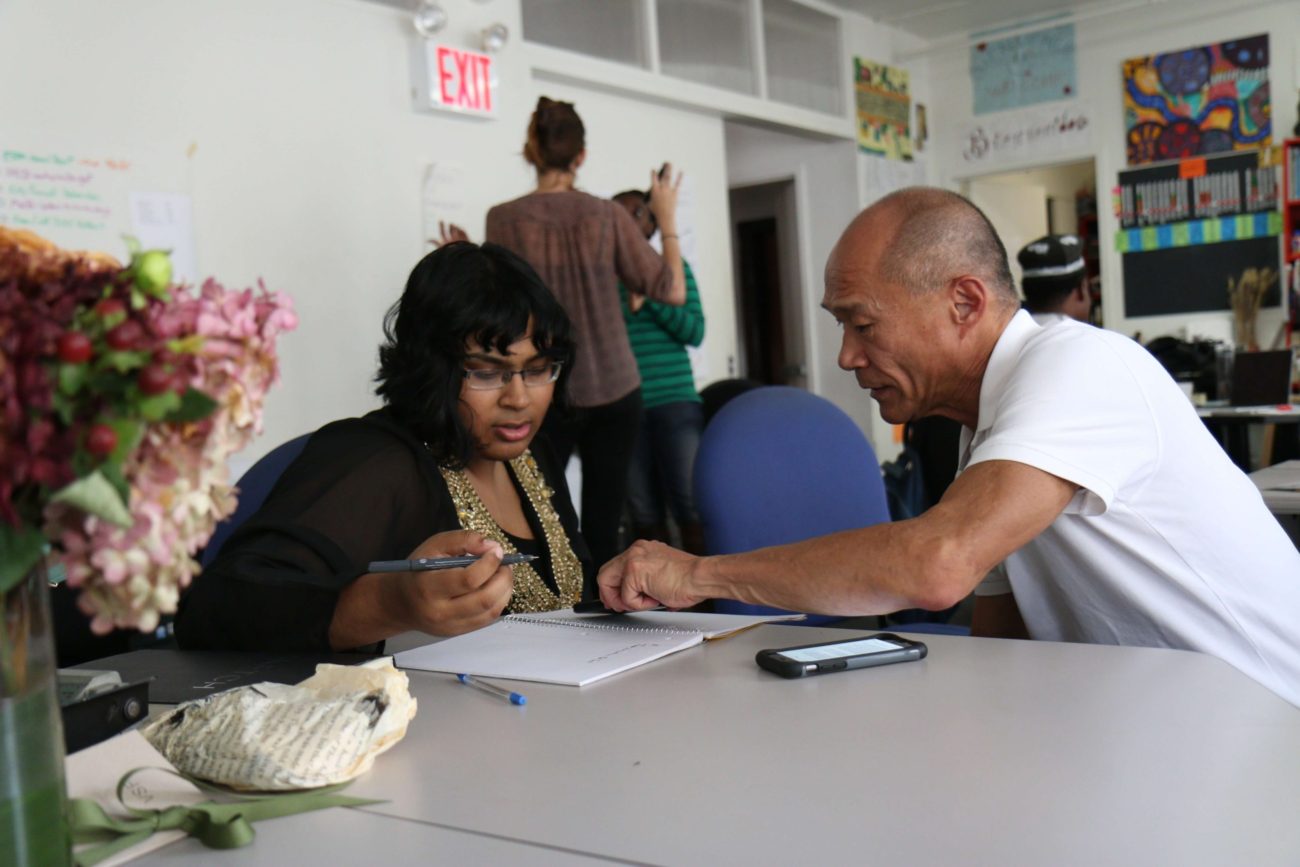- The Meaning of Critical Thinking: A Key Skill for Navigating Today’s Information Landscape - November 3, 2025
- Grandparents Can Develop Activist Grandchildren - September 29, 2025
- Top Six Reasons Credit Union Benefits Are a Smart Choice Over Banks - August 18, 2025
Last Updated on October 8, 2025
Are you new to activism? Do you need resources to help you focus your passion and find the right activism opportunity? A mentor can help you build your skills and find the best way to support your cause.
What Is a Mentor?
A mentor is someone who guides you in your development as an activist. Mentoring is a proven way to develop people. Receiving guidance and coaching from a guide can be crucial to making an impact on your cause.
“Mentors are probably the most powerful ‘success catalysts’ around, meaning that they can help you reach your goals more quickly than anything else.” Hillary Rettig, author of The Lifelong Activist
How Will a Mentor Help Me?
The benefits are especially vital to new activists. A mentor will:
- prepare you for the work
- talk through your ideas
- answer your questions
- introduce you to others who can help you
- suggest training or other resources for your development
- help you learn the informal and subtle cultural norms in your organization
This kind of personal guidance means you are more likely to have a greater impact and stay longer in the cause.
[Getting discouraged in your activism work? Read How to Fix Your Mixed-Up Motivation.]
Who Is The Right Mentor For You?
Your mentor must meet your needs. While most new activists have similar requirements, not all new activists are the same. You arrive with different sets of experiences, learning pace, responsibilities, expectations, and interests for future development. Be clear about your interests and needs for growth. You can start with these blog posts:
In addition to meeting your needs, a personality match is essential. If you do not “bond” with your adviser, be open to trying a different person. The relationship will simply not be productive if you don’t like and respect each other, regardless of how much useful information they may have to share.

If there are no people available in your area that fit your needs, consider a long-distance relationship. Time spent with the coach is critical, but online access may make the connection possible.
Also, do not limit your search to people within your cause. If you need specific skills, consider looking for someone outside the cause. An added benefit to you is the opportunity to see outside perspectives.
How Do I Find Someone?
Think about the people in your orbit and whether any of them might meet your needs. The advantage of this group of people is that you already have a relationship with them.
You can search for mentors that meet your needs in places like:
- Social media accounts, particularly LinkedIn, where you can search by location or school.
- Ask around for potential connections within your social network.
- Mentor.org
“They don’t have to be just like you, they simply need to commit to your development.” Hillary Rettig, author of The Lifelong Activist
Research the person, so you know they have the right area of expertise, and they know you are serious.
[Before you meet with your mentor, find the cause closest to your heart.]
Establish a Relationship

If you find someone who seems perfect for you, establish a relationship before you ask for help. A place to start is to ask questions and listen carefully.
Be prepared to talk about your story. Open up and talk about your goals and what matters to you.
Be professional, respectful, and honor the person’s time
After a period of getting to know the person and them getting to know you, the right time for the ask will present itself.
What To Expect From Your First Meeting
Your first meeting is the time to review your needs and those of your mentor.
Make sure to talk about:
- their expectations about the relationship
- your needs and action plans for development
- their commitment levels to the relationship
“Show them how to help. If you truly have a pressing need, take the plunge and make a specific request when you want someone to speak up on your behalf. Most people don’t know where to start to help you.” Kerry Hannon, Forbes
Hold Regular Meetings
Truly successful mentoring requires a thorough investment of thought, energy, and time. Make your time meaningful and don’t waste their time.
I found a great suggestion for getting ready for mentoring meetings in this article. Prepare mentoring questions to ask your mentor. Think of one from each of these categories: stories, situations, self-awareness, and skill building.
 Stories
Stories
Ask your mentor to tell a story from his or her career
Situations
Identify a challenging situation and share it with the mentor. Ask your mentor to act as a sounding board.
Self-awareness
Ask a question that invites your mentor to contribute to your self-awareness.
Skill-building
Identify a skill you currently want to develop, and ask your mentor for advice or resources.
If a mentor provides feedback on aspects of your performance, listen attentively, ask questions, and be gracious.
How To Know if It Is Working for You
If you or your mentor question the benefit of the relationship, you may need to end the partnership. And your mentoring relationship will come to a definite end when you no longer gain value from your mentor. That’s okay. Talk about that possibility in your first meeting.
Show Appreciation
Although mentors are usually motivated by altruism, you can show your gratitude for their time by reciprocating with something that may help them. That might be sharing a resource or helping with their activism.
At some point, you may choose to pay your mentor the ultimate compliment by ‘paying it forward’ and becoming a mentor to someone else.
[Like what you’ve read? Follow the blog so you don’t miss any content.]
READ NEXT
Ways Nonprofits Should Develop Activists
What You Can Do and What You Know Will Change the World

 Stories
Stories


Pingback: How To Give Back To Your Cause: Be A Mentor • Life At the Intersection
Pingback: I Want To Be an Activist, But I'm Afraid